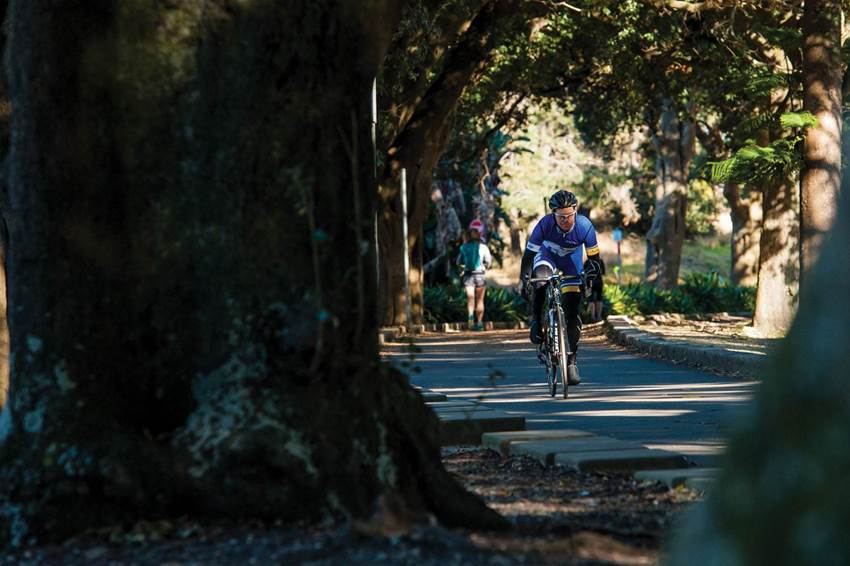Scott Draper played two different sports as a professional, but is now turning his hand to helping business individuals improve their performance.
Brisbane-born Draper made his name as a tennis player, winning the Australian Open mixed doubles title with Sam Stosur in 2005 and lifting the prestigious Stella Artois Championship trophy at the Queen’s Club in London in 1998.
He then switched to golf and claimed the NSW PGA Championship in 2007 – putting him in a rare club of athletes who have won titles in two completely separate disciplines.
Since retiring from pro sport, Draper has used cycling to maintain his fitness while also championing the benefits of bike riding in his new job as part of the KPMG Performance Clinic team – which is focused on significantly boosting output in the workplace.
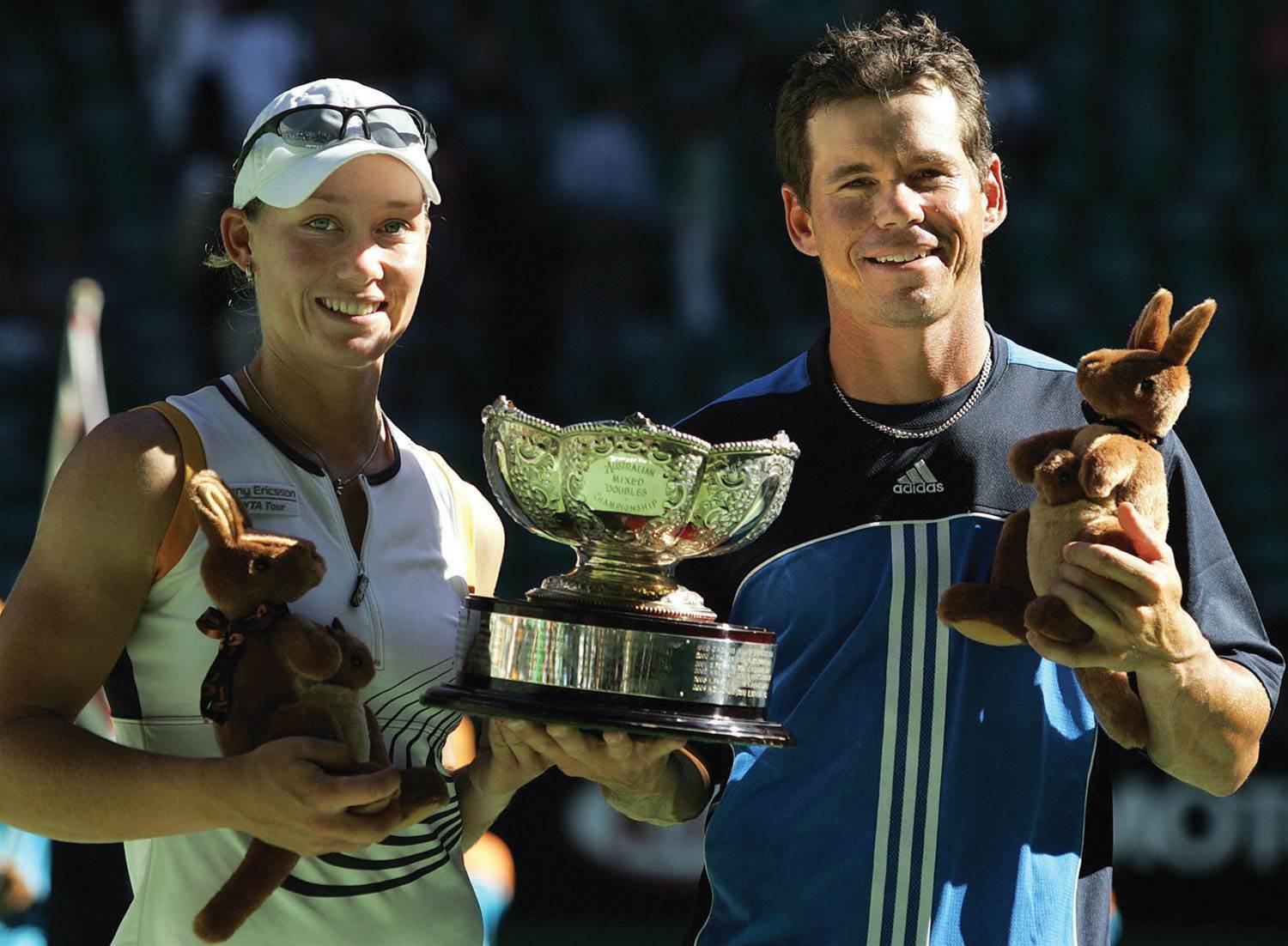
Their program provides a comprehensive report of how well or how poorly team members are managing their personal performance in four key areas – psychology (the way they think), productivity (the way they work), recovery (the way they balance stress), and physiology (the way they eat and move).
In layman’s terms, it means using established sports science methods (commonly used in pro cycling) and translating them into the business environment.
And Draper admits that for many senior executives, getting them walking, running or cycling is often the key to unlocking potential increased productivity.
“Sitting is the new smoking, it’s just terrible for us,” he explains. “Overall we’re usually trying to get people to exercise and just getting them moving more. Cycling can be great for that, as it does not hammer the body and joints in the same way that maybe running does.
“But some of these executives are working 50, 60 or 70 hours a week and possibly doing very little exercise.
“We run tests to show them their biological age which can sometimes come back much older than they are – even above retirement age. That can be a real shock to some people, but also help because we’ve got the data to back up what we are trying to promote.”
Draper himself starting cycling seriously – on a mountain bike in Queensland – as part of a cross-training regime while playing top level tennis. He then switched to road riding, having moved to Melbourne a couple of years after retiring as a professional sportsman.
As someone who obviously loves to compete, Draper set his sights on entering decent level cycling or triathlon events – but was then scuppered by a knee injury.
He subsequently moved to Brisbane and admits he “lost his cycling mojo” without his regular riding group, but is now getting back into the groove since setting up home in Sydney and hooking up with a new club.
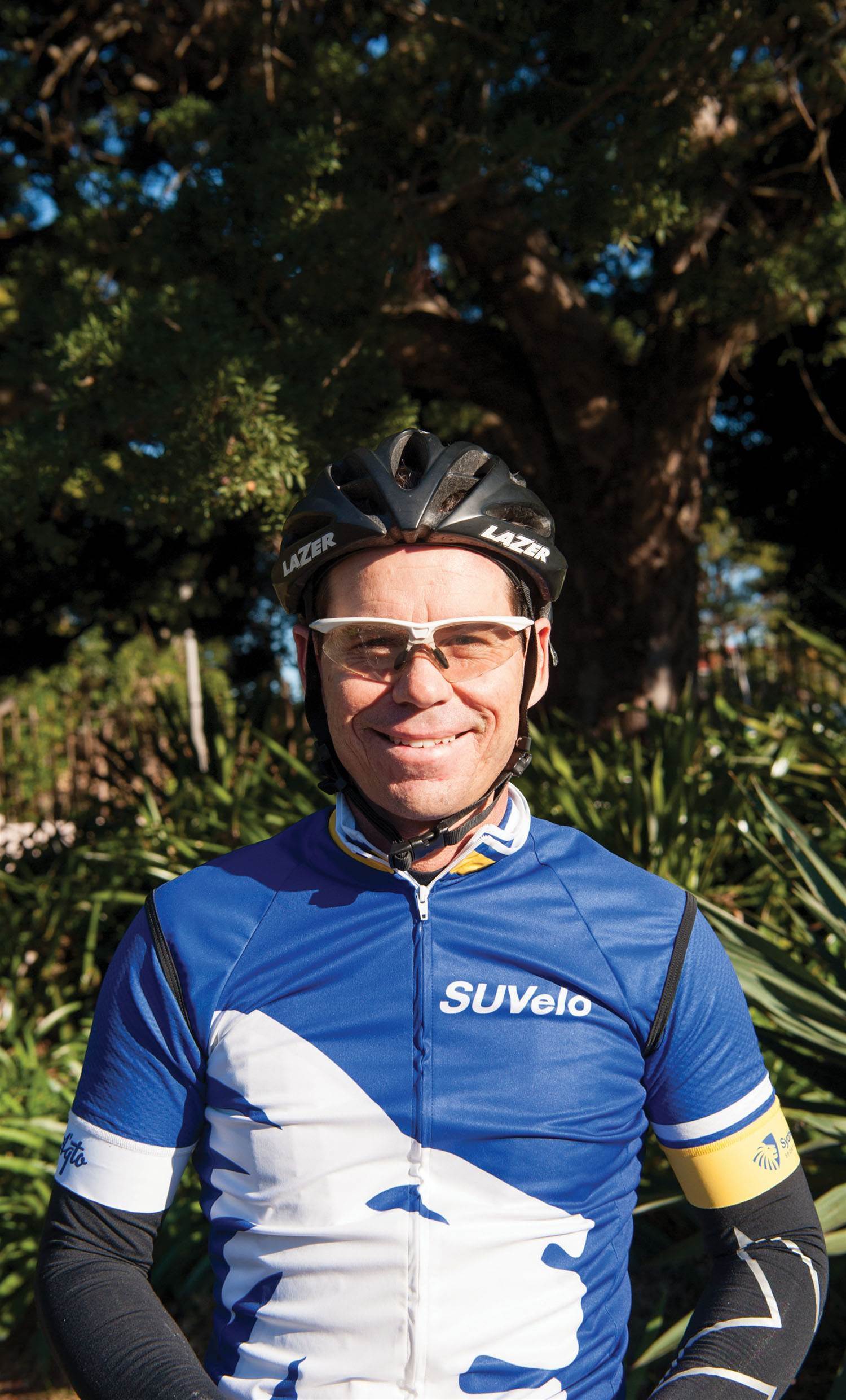
“If I do something, I want to do it well - that’s my personality. I’m very competitive, which can be a good thing or a bad thing,” admits the 43-year-old.
“But at my age and my stage of life it’s now more about just keeping fit and healthy and riding with mates and having a coffee afterwards. When I was down in Melbourne I fell in love with pack riding. The camaraderie is great and there’s also that element of competitiveness as well that I enjoy.”
Given his sporting history, Draper has surprisingly still never seriously competed in any cycling event – but admits he may have to finally scratch that itch.
“I’ll have to do something at some point,” he explains. “I think at the moment I’d be decent B-grade rider.
“I would not want to do anything longer than 100km in a pure race. Those long distance things just don’t interest me. But maybe I’ll do a crit or a road race somewhere. I might even do a triathlon – if I thought my knees were up for it!”
Top tips for improved workplace productivity
* If you are constanly hammering yourself in your job, it will have a detrimental affect.
* Not doing the right things in terms of rest and recuperation, dealing with stress, exercising etc, means you’re going to struggle.
* Help manage your energy by having less meetings, doing more exercise, or scheduling in some downtime throughout the working week.
* Studies indicate our minds and bodies work on a 90-minute ultradian rhythm, so take a break every hour-and-a-half and get moving by going for a 5-10 minute walk.
* Try to ensure you don’t go to sleep stressed, as this will delay the time it takes for you to reach deep sleep which is believed to be vital for helping the brain to recover from its daily activities.
Related Articles
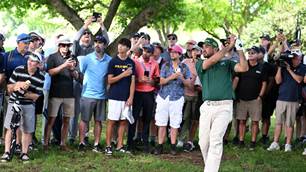
If the game is for the fans, let them follow the players
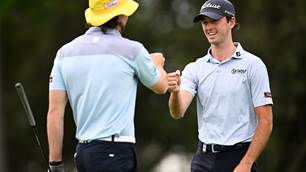
Elvis may not be The King. But Next Big Thing? Look out

